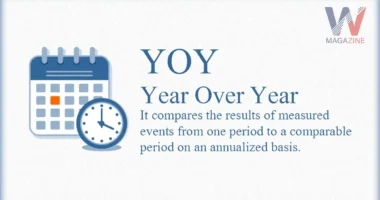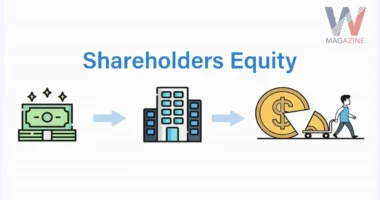Table of Contents
What Is May Day?
May Day refers to May 1, 1975, a significant date in the history of the stock market. Before this day, brokerages had to charge a fixed price for stock trades. This practice had been in place for 180 years. However, on May Day the rules changed, allowing brokerages to decide their own fees based on market competition. This shift marked the first time trading fees were not fixed, leading to a major change in how the stock market operated.
Key Points
- Starting on May 1, 1975, the SEC required brokerages to set their own commission fees instead of using a standard fixed amount.
- This change was especially beneficial for small and individual investors.
- It helped discount brokers become more successful and led to the rise of commission-free stock trading with online discount brokers.
Background on May Day
Before the changes known as May Day, brokers had to charge a fixed-rate commission for all trades, no matter how big or small the trade was. This setup was particularly tough on small investors, who ended up paying a high percentage of their profits in fees and commissions. Brokers also faced severe consequences, including expulsion, if they tried to charge less.
The decision by the Securities and Exchange Commission (SEC) to deregulate trading fees was met with a lot of debates. James Needham, who was the Chair of the New York Stock Exchange at the time, was against changing the fee structure. He argued that the securities industry was already trying to bounce back from a dip in earnings. Previously, even when he was a member of the SEC, he had doubts about such deregulation, fearing it could force brokers out of business.
Reaction from Brokers
Many brokers were against the deregulation because it meant they would earn less in commissions. Some brokers were so upset that they sarcastically referred to the SEC as the “Soviet Economic Committee,” suggesting that the SEC was over-controlling like a communist entity.
May Day’s Aftermath

May Day paved the way for the emergence of discount stock brokers. As commissions decreased, brokers started to offer new trading services with lower rates but without providing investment advice.
The introduction of discount brokers created a new class of do-it-yourself investors who conducted their own research and enjoyed lower trading fees.
Example of Innovation: Charles Schwab
A prime example of this shift was Charles Schwab, who established his company in 1971. Charles Schwab Corp began to offer discounted stock trades in September 1975, setting a precedent that many other brokers followed, leading to the online discount brokerages, we know today.
Evolution of Discount Brokers
Since 1975, discount brokers have not only flourished but have also faced increasing competition, especially with the advent of online trading. Today, a retail investor can start a trading account with just a dollar, although minimum deposits can vary by broker. While trading stocks is often free, there might be small fees for other transactions like mutual funds.
Although they typically don’t offer personal investment advice, many discount brokers have broadened their services. They now offer online coaching and access to financial advisors through online chats and phone calls to help investors with their queries.
Additionally, most discount brokers provide charting tools and essential research materials, though it remains up to the investor to analyze the information and make their own trading decisions.
“May Day, celebrated on May 1st, is known as International Workers’ Day. It’s a holiday that honors workers and is observed in many countries around the world. In contrast, the U.S. celebrates Labor Day on the first Monday of September.”
Commission Structure Examples Following May Day
- Commission-free stock trading became popular in 2019 when online brokers began fiercely competing. Now, at least 10 online brokers offer stocks trades without a commission.
- While stock trading might be free, there are usually some limits. Many brokers still charge fees for trading assets like mutual funds and options, they may offer additional premium services for a cost.
- If you’re considering signing up with a new brokerage service, be sure to look out for hidden fees. For example, some brokers charge an inactivity fee if you don’t make any trades within a certain period.
- Most discount brokers provide tools like a trading platform, charting functions, fundamental research, news updates and online support. If you’re picking a broker, try finding one that offers a demo account so you can test out their platform and understand any trading costs before committing.
FAQs
What is May Day?
May Day, celebrated on 1st May is also known as International Workers’ Day, a holiday honoring laborers and the working classes, observed in many countries worldwide. In another context, “Mayday” is an international distress signal used during emergencies.
How many days are in May Month?
There are 31 days in the month of May.









